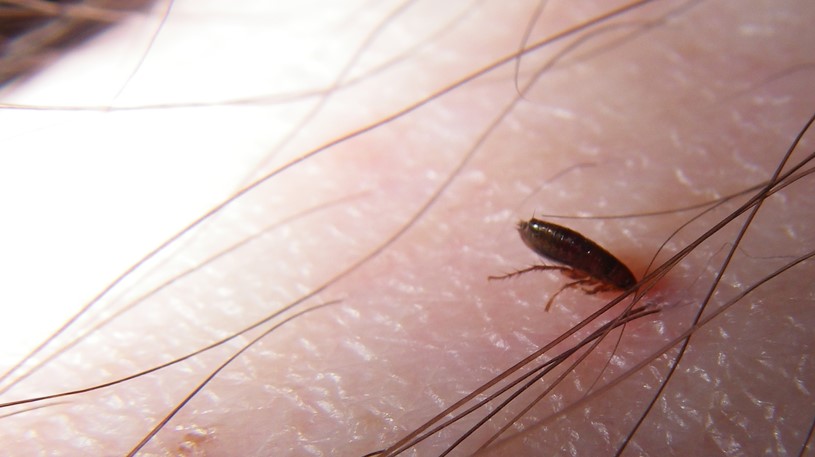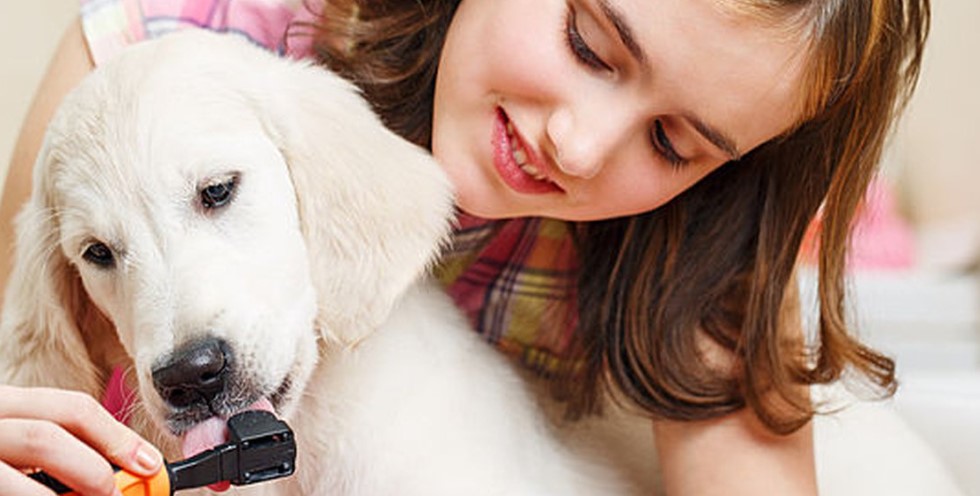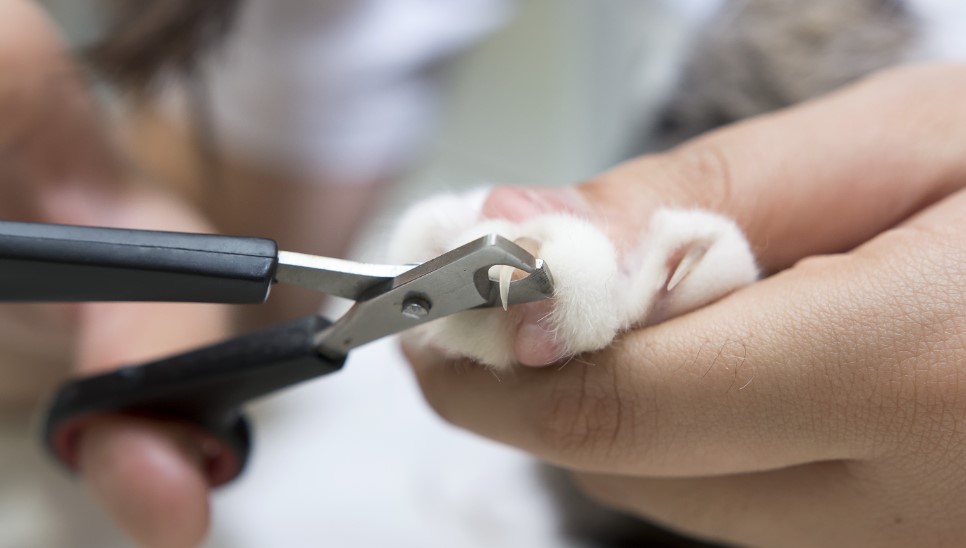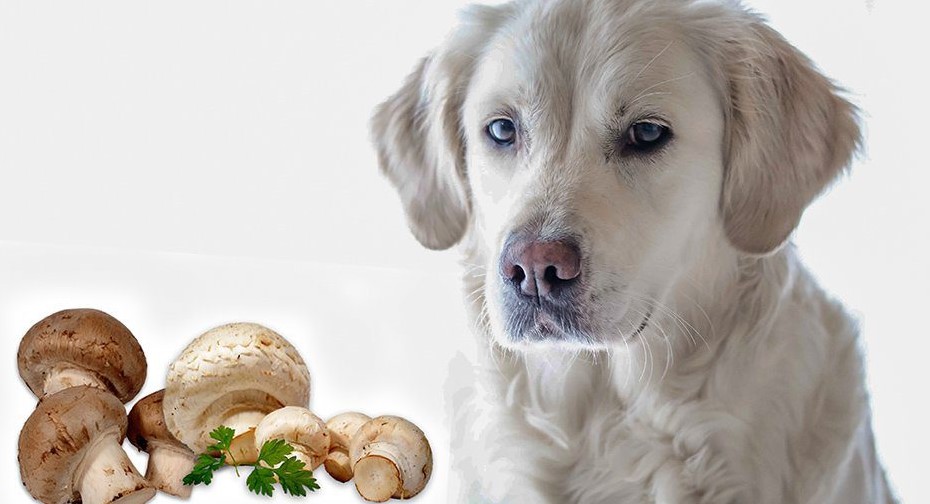
Is it Safe For Dogs to Eat Mushrooms?
Before allowing your dog to eat a mushroom, consider the following: Is it safe for dogs to ingest this type of food? Read on to find out! Mushrooms are a common source of food poisoning, and many pet owners have no idea that they can be harmful to their dog’s health. To help determine if mushrooms are safe for dogs to eat, learn how to identify the species and how to identify toxic mushroom poisoning.

Medicinal mushrooms
Medicinal mushrooms are considered safe for canines. They are not toxic to dogs and have antifungal and antibacterial properties. Cordyceps are wild mushrooms that grow on caterpillars. Some growers harvest these mushrooms for their medicinal value. These mushrooms may help pets suffering from chronic conditions and allergies. The mushroom is also beneficial for the immune system, ensuring optimal health and a long life. Listed below are the health benefits of cordyceps for dogs.
Store-bought mushrooms
Before you allow your dog to consume mushrooms, it is important to check with your veterinarian. The mushroom toxin may be toxic to dogs, so it is important to take a sample to your veterinarian. The veterinarian can decide how to treat your dog based on the specific toxin present. If your dog has recently consumed mushrooms, the veterinarian may induce vomiting or administer drugs to counteract the toxins. Otherwise, supportive care will be offered. It may even slip into a non-fatal coma, which requires monitoring until it wakes up.
Garden-grown mushrooms
You may be wondering if garden-grown mushrooms are safe for dogs. However, you can’t always tell for sure. Because they grow quickly, it is difficult to pick them up. Plus, your dog has an incredible sense of smell. This means your pet may have an unintentional exposure to poisonous mushrooms, making it harder to tell which ones are toxic. Here are a few tips for keeping your dog safe while you enjoy your yard.
Wild mushrooms
It’s possible for a dog to eat wild mushrooms, but there are certain mushroom species that can be toxic to dogs. One species is Amanita phalloides, commonly known as the death cap mushroom. Because of the high toxic levels in these mushrooms, dogs should not be allowed to eat them. If they do eat one, they will probably develop mushroom poisoning. If you find a wild mushroom in your dog’s mouth, contact a veterinarian.
Observing your dog for signs of discomfort
Observing your dog for signs of discomfort after eating mushrooms can be helpful in determining whether your pet is suffering from a toxic reaction. If you suspect your dog has eaten mushrooms, bring it to a vet right away. Tell them what type of fungus it ate and how much it ate. The vet will likely ask for a sample of the mushroom to confirm the diagnosis. They can prescribe an appropriate treatment if the symptoms persist.
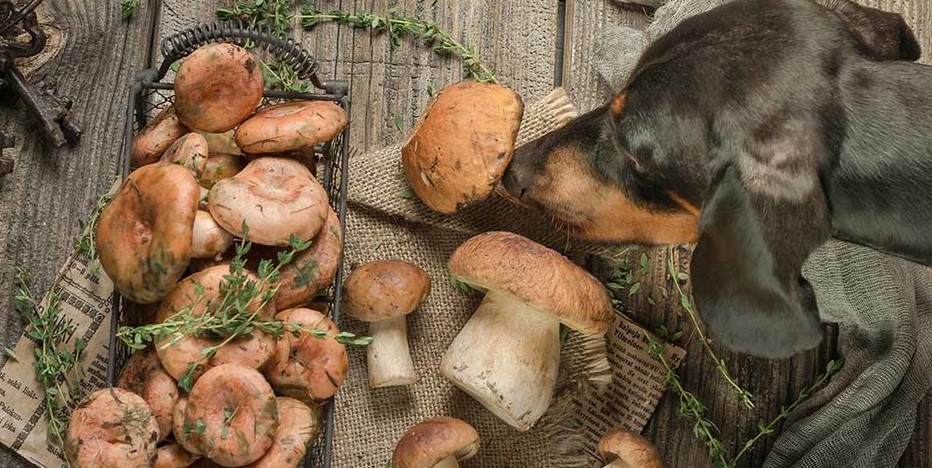
Taking your dog to the vet if he eats a mushroom
Toxic mushrooms can cause gastrointestinal upset, trembling, lack of coordination, and even seizures. Toxic mushrooms may also affect a dog’s kidneys or liver. The damage can take days to manifest. To determine the exact type of poisoning and what to do, take your dog to the vet immediately after he eats a mushroom.

